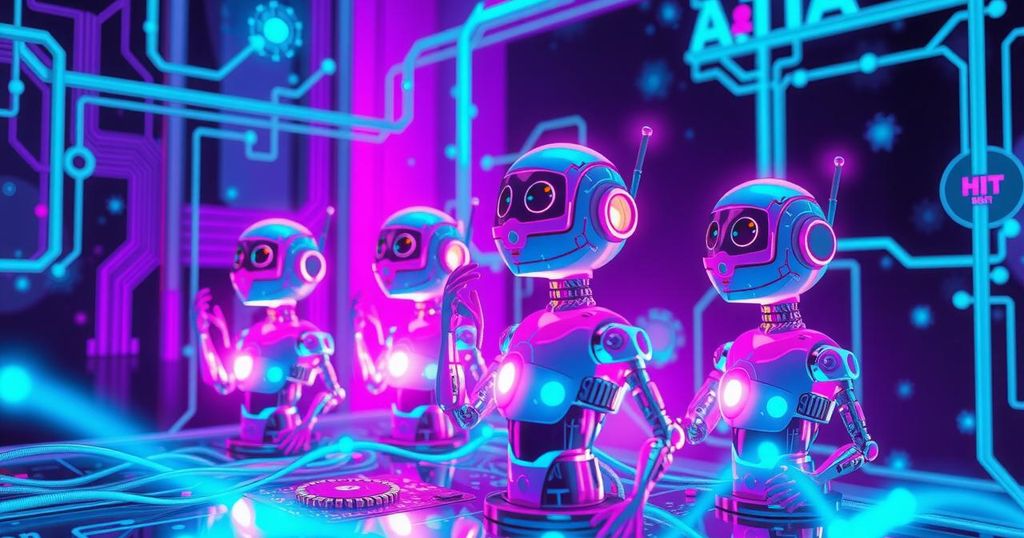AI Chatbots Surpass Humans in Emotional Intelligence Testing
- Recent study shows AI may surpass humans in emotional intelligence tests.
- ChatGPT-4 and other popular models scored significantly better than humans.
- AI systems generated new emotional intelligence scenarios quickly and accurately.
A Study Shows AI Outperforms Humans In Emotional Tests
A group of researchers at the Université de Genève has recently sparked some serious conversations about the capabilities of artificial intelligence when it comes to emotional understanding. Yes, you read that right—AI may have some emotional intelligence chops that outstrip our own. The study compared six different AI systems, including heavyweights like ChatGPT-4 and Claude 3.5 Haiku, against standard human emotional intelligence tests, and well, the results were eye-opening to say the least. Lead author Katja Schlegel emphasized that they selected tests commonly found in workplace settings, aiming to really dig into how well these AI chatbots grasp emotional nuances in humans.
AI Chatbots Display Surprising Understanding of Emotions
The emotional intelligence test provided AI with scenarios designed to touch on real-world emotional conflicts. For instance, one test posed a dilemma asking how Michael should react after a colleague swiped his idea. If you thought going to talk to the boss was a bad move, think again—the study found that the AI systems selected the most appropriate responses with surprising accuracy. In a sweeping comparison, AI registered a remarkable 82% success rate on these tests, leaving human participants trailing way behind at just 56%. This significant gap raises some eyebrows: could it mean that while AI might just be coding at play, it could also understand the complexities of emotional behavior better than most of us?
New Tests Indicate AI’s Ability To Generate Scenarios
Even more compelling, after the initial tests, they asked ChatGPT-4 to come up with its own emotional intelligence tests. Not only did it do so, but it managed to create new scenarios that were just as reliable and realistic as the original ones— all while taking a fraction of the time to develop. Marcello Mortillaro, another key player in the research team, noted that AI like ChatGPT is not just regurgitating emotional responses; it’s actually capable of generating contextually relevant scenarios. You’ve got to wonder—does this mean AI might possess some sort of emotional reasoning? However, it’s not all sunshine and roses; previous studies have found that AI doesn’t always deliver consistent results when tested outside controlled environments. So, while the scores look great on paper, there’s still a lot to unravel about AI’s emotional performance in real-life situations. Who knew AI might just be ready to steal the emotional spotlight?
So, what does all this mean? Well, this research paints a pretty intriguing picture. AI chatbots are not just simple lines of code; they seem to have an understanding of emotional intelligence that could surpass our own. As fascinating as this study is, it also comes with a grain of caution—AI’s emotional reasoning is only as good as the tests it’s given, and real-world applications might tell a different story. You’d better buckle up; the rise of AI might just change the emotional game in more ways than one!




Post Comment